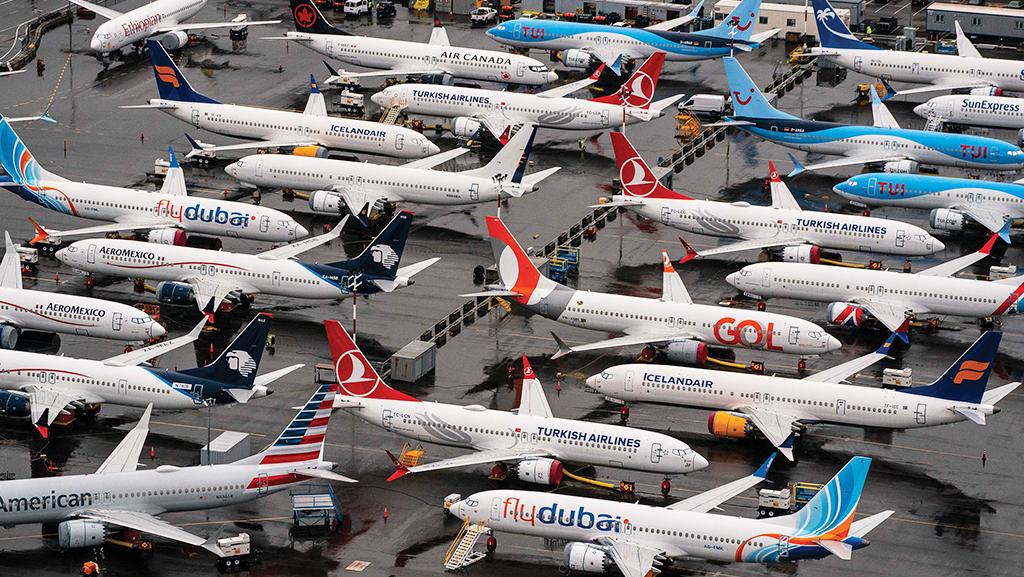The Department of Transportation's inspector general stated that FAA engineers suggested grounding the aircraft during the investigation due to perceived similarities between the two deadly crashes. Despite this, FAA officials at Headquarters and the Seattle Aircraft Certification Office chose to wait for more detailed data.
While awaiting additional data in March 2019, FAA officials issued an official notice backing up their decision to allow the 737 MAX jets to continue flying. An engineer drafted an analysis which showed the risk of fatalities to be 13 times higher than the relevant FAA standard. “However,” the inspector general’s report said, “this document was not completed and did not go through managerial review due to lack of detailed flight data.”
The US only grounded the Boeing 737 MAX three days after the second crash, after every other country worldwide had already done so. The grounding ultimately lasted almost two years. The inspector general report, released on Friday, urged the FAA to update and enhance its policies for evaluating crashes and other incidents. The FAA has agreed to implement these updates and develop formal training.
The watchdog report criticized the FAA's decision-making processes as "outdated" and noted a lack of uniform training among officials. The FAA has informed the inspector general that it is revising its guidelines for grounding aircraft in cases of urgent safety issues, and is actively working to address the issues identified in the report.
The US only grounded the Boeing 737 MAX three days after the second crash, after every other country worldwide had already done so. The grounding ultimately lasted almost two years. The inspector general report, released on Friday, urged the FAA to update and enhance its policies for evaluating crashes and other incidents. The FAA has agreed to implement these updates and develop formal training.
The watchdog report criticized the FAA's decision-making processes as "outdated" and noted a lack of uniform training among officials. The FAA has informed the inspector general that it is revising its guidelines for grounding aircraft in cases of urgent safety issues, and is actively working to address the issues identified in the report.

